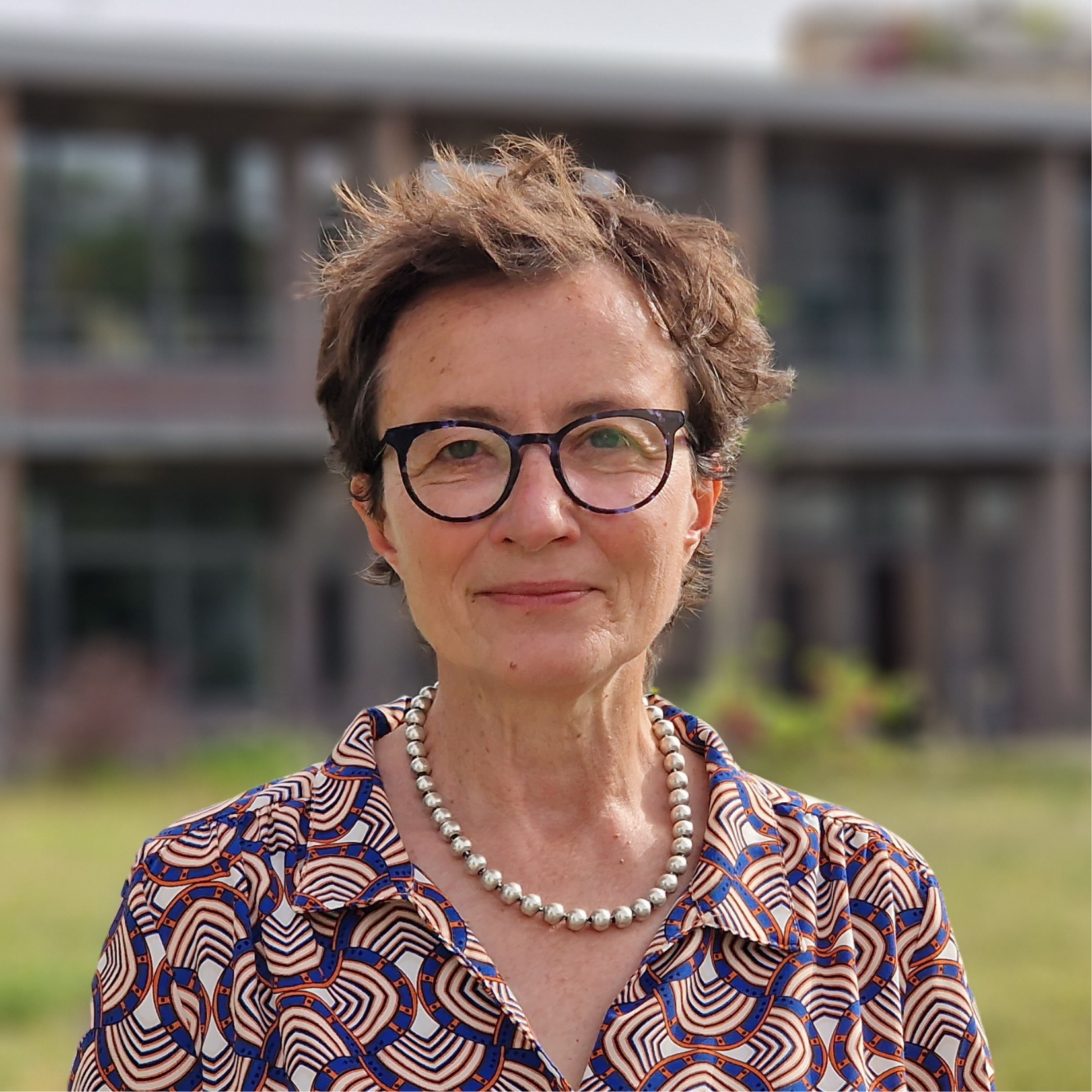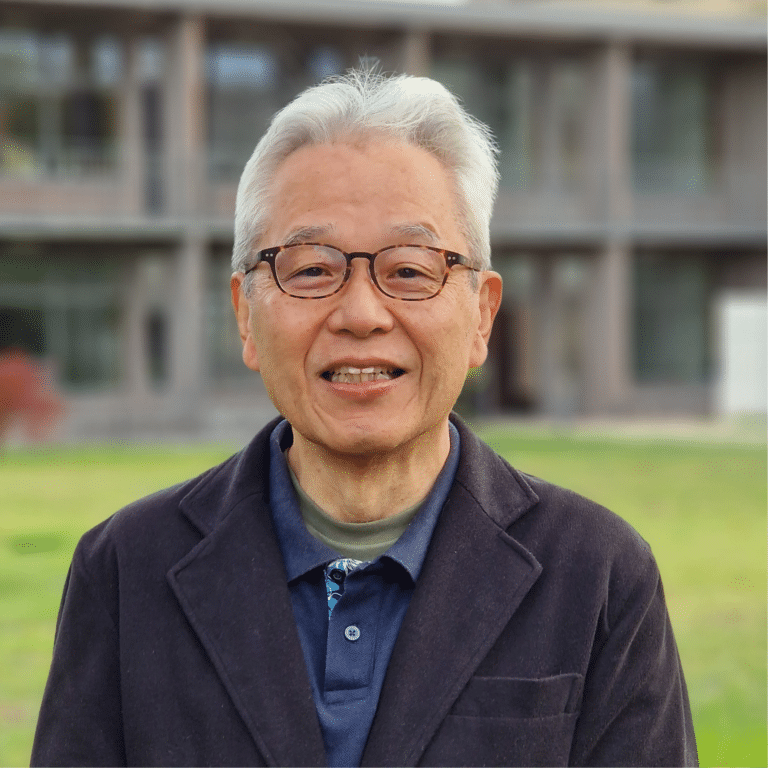
Credit: Timothée Andonian / Iméra
Catherine Benoît
Research project
Maritime Necropolitics in the Mozambique Channel and the Mediterranean sea : Comorian (Im)mobilities to Mayotte and Marseille
Summary of the research project
The aim of the residency is to work on a book project whose goal is to articulate the two maritime cemeteries of the Mozambique Chanel and the Mediterranean Sea as a legacy of French colonialism in the Indian Ocean region.
Within recent discussion of sovereignty, the multiplication of borders and borderlands has become a major research topic in social sciences especially in regards to Europe; however the literature on the reinforcement of European borders has been dedicated to continental Europe and the rim of the Mediterranean Sea focusing on Northern and Sub-Saharan African migrations. Over twenty years of research in the field of border studies, Catherine Benoît has argued that the borderlands of “Fortress Europe” are instead located far from the shores of the Mediterranean, the Channel or the land border with Turkey and are composed of the French overseas territories of the Caribbean and the Indian Ocean. They are the invisible buffer zones of France and the European Union on the edge of the former French colonial empire, not only in a geographical sense but also a historical one as they preceded policies and laws implemented in the E.U. The book will be based on narratives collected during recent field research on Comorian and Malagasy (im)mobilities to the French overseas department of Mayotte and Comorian journeys to the city of Marseille.
Biography
Catherine Benoît is Professor of Anthropology at Connecticut College. Her research interests have developed in two directions all centered in the development of an anthropology of space and place. First, she explored the emergence and the development of a decolonial ecology from the perspective of the Caribbean enslaved populations and their descendants in relation to the plantation environment. Second, she has focused on questions related to border reinforcement, deportations, and (im)mobilities in the French overseas departments of the Caribbean and Indian Ocean regions. More specifically she looks at the French technics/regime of necropolitics in the overseas territories by looking at the militarization of borders, migration laws and “deportation regimes” being developed in the French transatlantic and Indian ocean regions.
Her publications include “Corps, jardins, mémoires: Anthropologie du corps et de l’espace en Guadeloupe” (MSH/CNRS, 2000) and “Au cœur des ténèbres de la ‘friendly island’: migrations, culture et sida à Saint-Martin ” (PUL/Éditions Hermann, 2015)



